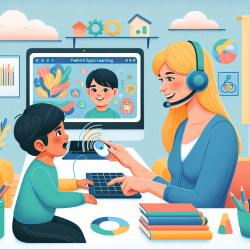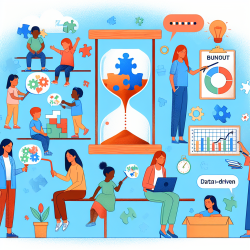Understanding the Double Advantage of Parental Education
Recent research published in the European Journal of Public Health highlights the significant role of parental education in shaping child educational achievement. The study, titled "Double advantage of parental education for child educational achievement: the role of parenting and child intelligence," provides valuable insights into how practitioners can leverage these findings to improve outcomes for children.
Key Findings of the Study
The research underscores two primary mechanisms through which parental education impacts child school achievement:
- Child Intelligence: Higher parental education correlates with higher child intelligence, which in turn contributes significantly to better school performance.
- Parenting Practices: Educated parents tend to engage in more structured and beneficial parenting practices, such as maintaining regular family routines, which positively influence a child's academic success.
Implications for Practitioners
For practitioners in speech-language pathology and related fields, understanding these mechanisms can inform interventions and strategies aimed at enhancing child outcomes. Here are some practical applications:
- Encourage Structured Routines: Emphasize the importance of regular family routines to parents, as these provide stability and predictability, fostering a conducive environment for learning and development.
- Focus on Cognitive Enrichment: Advocate for activities that enhance cognitive development, such as reading, puzzles, and interactive learning, especially in families with varying educational backgrounds.
- Support Parental Education: Encourage parents to engage in lifelong learning and educational opportunities, which can indirectly benefit their children's educational achievements.
Encouraging Further Research
While this study provides a robust foundation, there is always room for further exploration. Practitioners are encouraged to delve deeper into the nuances of how different parenting practices affect child outcomes across diverse cultural and socioeconomic contexts. Additionally, exploring interventions that specifically target enhancing parental education and structured routines could yield valuable insights.
Conclusion
The findings from this study offer a compelling case for the role of parental education in child achievement, mediated through intelligence and parenting practices. By integrating these insights into practice, professionals can contribute to narrowing educational disparities and promoting better outcomes for children.
To read the original research paper, please follow this link: Double advantage of parental education for child educational achievement: the role of parenting and child intelligence.










